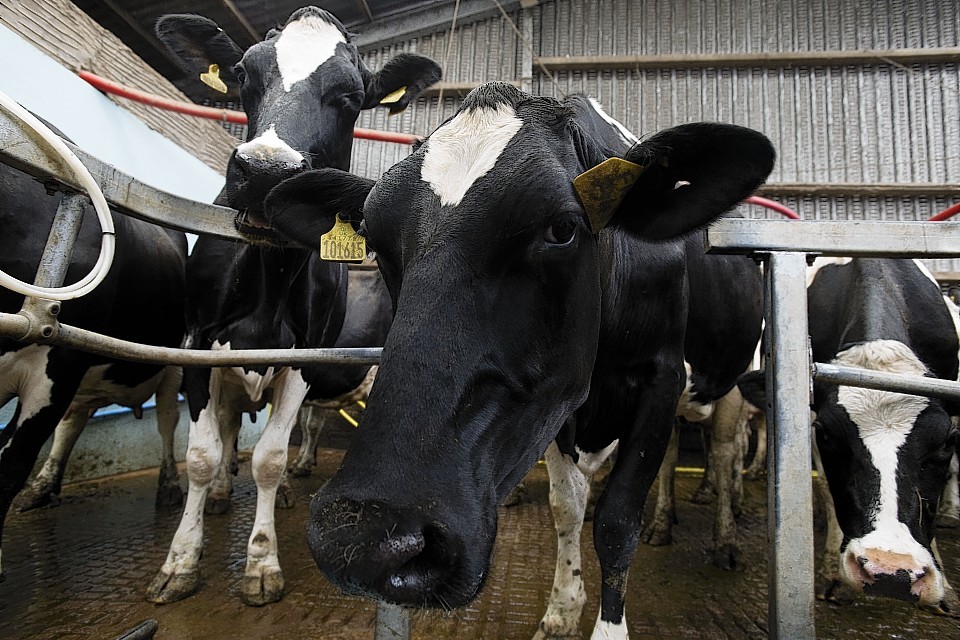The remit of the government’s supermarket watchdog must be extended to include powers to protect farmers and small-scale producers, a House of Commons committee has said.
According to the environment, food and rural affairs (efra) committee, all dairy farmers, and other small-scale producers, must be protected by the groceries code adjudicator (GCA), regardless of whether or not they have a direct relationship with the ultimate seller of their produce.
“Frequent, sharp and unpredictable rises and falls in milk price are driving dairy farmers out of business every week. The volatility of worldwide and domestic milk markets is making financial planning and investment impossible for small-scale producers unable to hedge against changes beyond their control,” said committee chairwoman Anne McIntosh MP.
The vast majority of dairy farmers fall outside the protection offered by the groceries code adjudicator. She can only investigate complaints involving direct suppliers to the big 10 supermarkets and retailers, and as most milk production is small-scale, that excludes most dairy farmers.
The committee has also called on government to activate the adjudicator’s powers to fine retailers.
Ms McIntosh said: “We were shocked to learn in evidence that the government have spent more than a year failing to set the level of fine the GCA can seek when she finds against a retailer. This leaves her unable to use her main power, and we call on the government to set that fine immediately, and before the general election in May.”
Christine Tacon, who previously headed up the Co-operative’s farming operations, was appointed to the role of GCA in 2013.
She has been tasked with ensuring the UK’s biggest 10 supermarkets with a turnover of more than £1billion abide by the grocery code.
The code, which became law in February 2010, prohibits any change in supply agreements without notice. This includes payment terms, limits on payments for shrinkage or wastage, compensation for forecasting errors and demanding a lump sum after a deal has been agreed.
In a report – Dairy Prices – the efra committee also called for an EU-wide review of the milk intervention price, and urged farmers to consider forming producer organisations to increase “market clout”.
According to the report, the number of UK dairy farmers has fallen below 10,000 for the first time.
Last week the Scottish Parliament’s rural affairs committee launched an “urgent inquiry” to see what could be done to help struggling dairy farmers.
Supermarket bosses will be called before MSPs to explain what they are doing to protect dairy farmers from poor prices.
